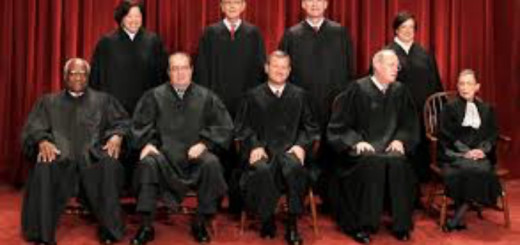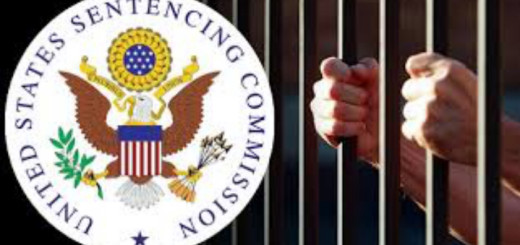You Cannot Buy an Ethical Corporate Culture
I do not mean to be facetious or snarky, but I am concerned about organizations that sell or promote their ability to certify or give a seal of approval to a company as an “ethical” company. Even more troubling (or perhaps misleading) is the certification: “world’s most ethical companies.” With the growth of ethics and compliance, you can expect that charlatans, greedy snake oil sales...
























